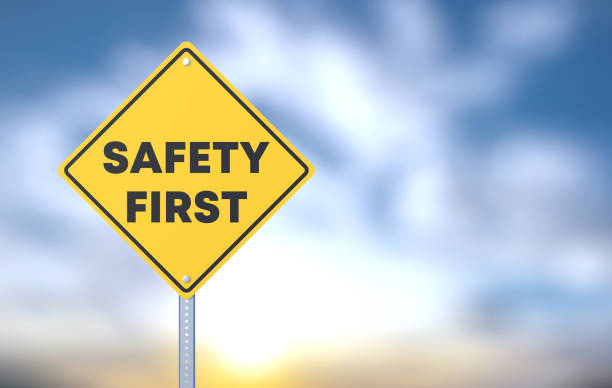Safety: A Key Investment for Your Business

In the propane industry, safety isn’t just a requirement; it’s a responsibility. From protecting employees to ensuring customer trust, a strong safety culture is essential to maintaining a successful propane business. Beyond meeting compliance regulations, investing in safety measures can improve efficiency, reduce costs, and enhance your company’s reputation.
Here’s how propane businesses can make safety a central part of their operations and why it’s a worthwhile investment.
Safety Protects Your Team
The propane business involves handling flammable materials, operating heavy equipment, and working in diverse environments. These factors make safety training and protocols critical for employee protection. Regularly scheduled training programs ensure that workers understand the latest safety procedures, reducing the risk of accidents or injuries.
Investing in protective gear, such as gloves, goggles, and flame-resistant clothing, also adds an extra layer of security. A well-protected team is not only safer but also more confident in their ability to perform their duties effectively.
Safety Builds Customer Confidence
Propane customers rely on your expertise to keep their homes and businesses safe. When customers see a commitment to safety – from well-maintained equipment to knowledgeable technicians – they feel reassured about the quality of your service.
Simple actions, like explaining safety checks during tank installations or leaving behind safety brochures, show customers that you take their well-being seriously. This level of care strengthens trust, leading to long-term customer relationships and positive word-of-mouth referrals.
Safety Is Non-Negotiable
Regulatory requirements for propane businesses are strict, and for good reason; propane safety is critical for public protection. Non-compliance can lead to dangerous accidents as well as hefty fines, legal issues, and damage to your reputation.
Staying compliant requires regular inspections, updated permits, and adherence to industry standards for equipment and storage. A proactive approach to compliance, such as conducting self-audits or hiring third-party safety consultants, can help your business stay ahead of regulations and avoid costly penalties.
Safety Is Enhanced with Technology
Modern technology offers innovative solutions to improve safety in propane operations. Tank monitoring systems help track propane levels remotely, reducing the risk of overfills or outages. GPS tracking on delivery trucks enhances route optimization and helps to ensure timely service.
Advanced software tools also make it easier to maintain records of safety checks, inspections, and training sessions, ensuring you’re always prepared for audits or emergencies.
Safety Reduces Costs in the Long Run
While safety investments are an added expense, they usually lead to long-term savings. Preventing accidents reduces costly downtime, repairs, and insurance claims. A focus on safety can also lower worker compensation premiums and minimize liability risks.
Moreover, businesses with strong safety records often attract and retain skilled employees who value a safe workplace, further reducing hiring and training costs.
Safety Should Be Part of Your Culture
Building a safety-first culture starts at the top. Leadership must set the tone by prioritizing safety in decision-making and fostering open communication about potential hazards. Encouraging employees to report concerns without fear of retaliation creates a proactive and collaborative approach to safety.
Regular safety meetings, employee recognition for safe practices, and ongoing training sessions help integrate safety into daily operations. When safety becomes a shared responsibility, it strengthens every aspect of your business.
Safety Is a Smart Business Strategy
Investing in safety isn’t just about avoiding accidents – it’s about building a resilient, trustworthy, and efficient propane business. By protecting your team, complying with regulations, and leveraging modern tech tools, you can create a safe environment that benefits everyone. In an industry where trust and reliability are paramount, prioritizing safety is one of the most valuable investments you can make. It’s not just good practice; it’s good business.














